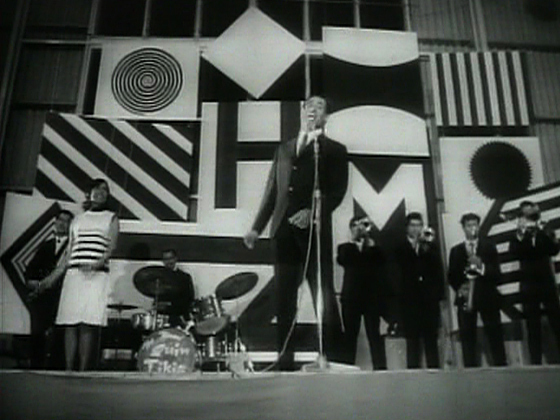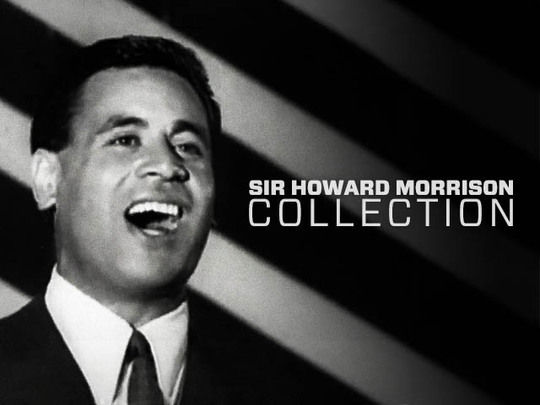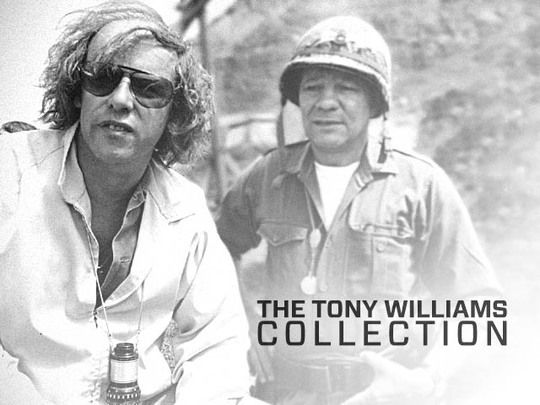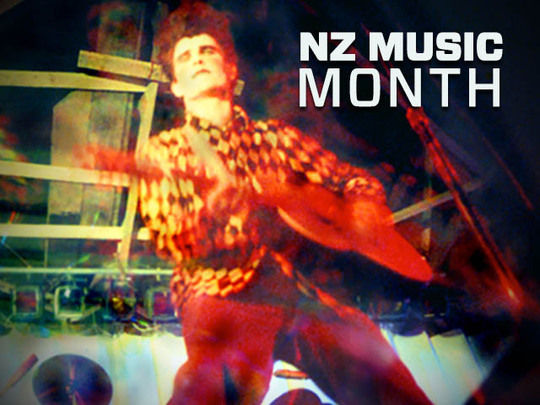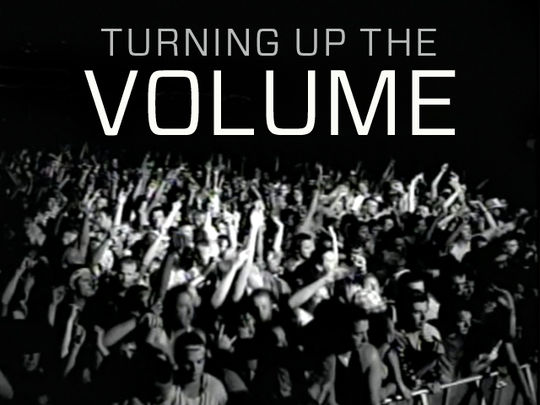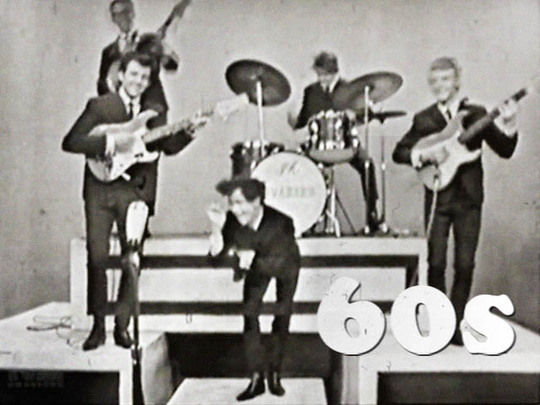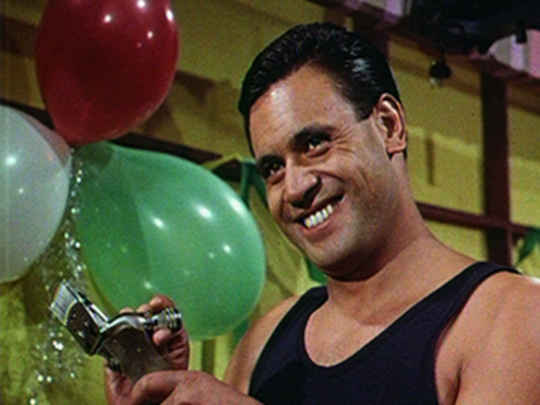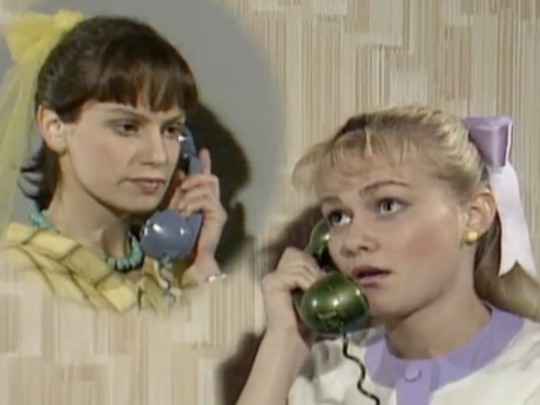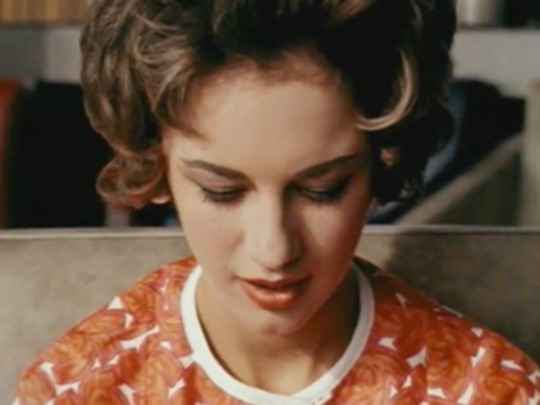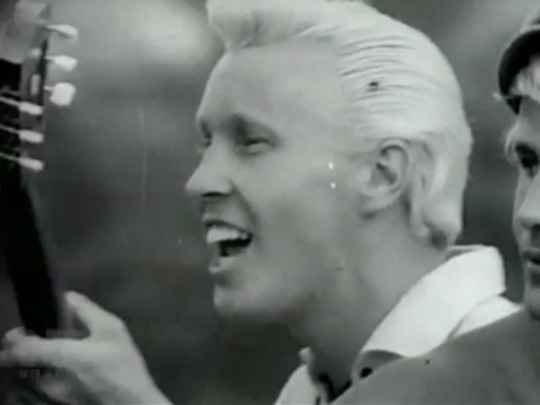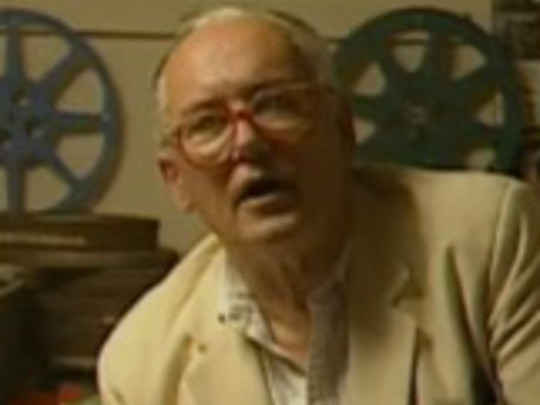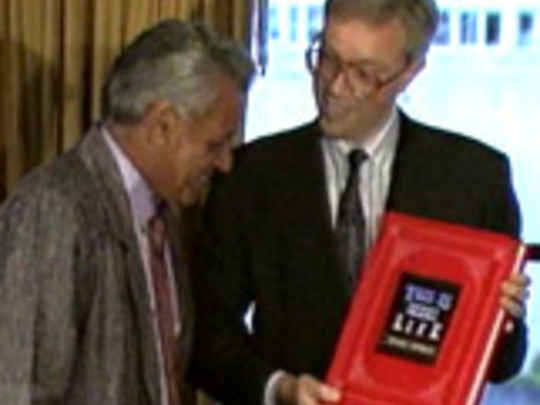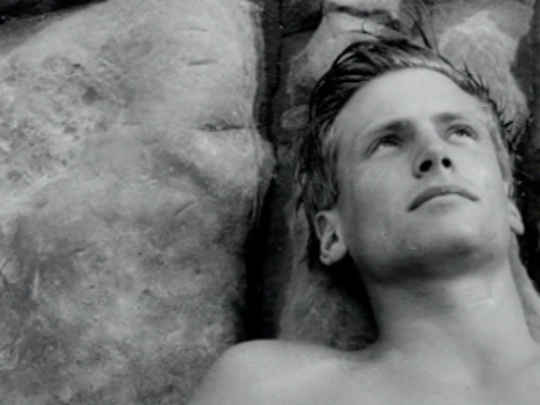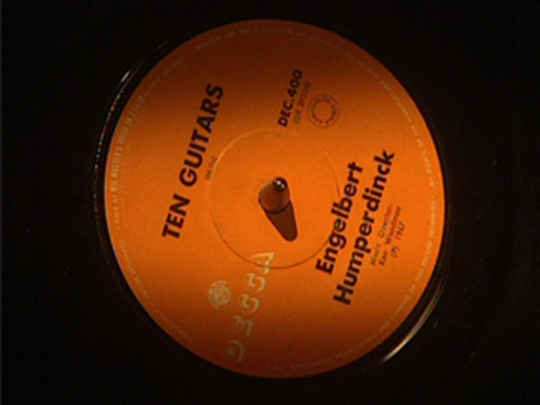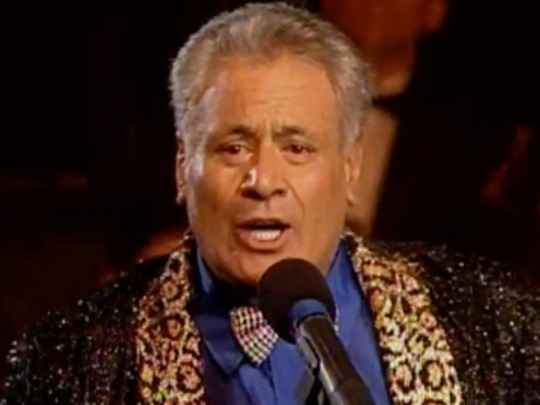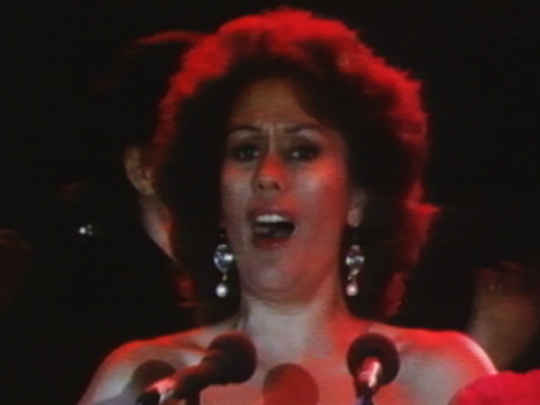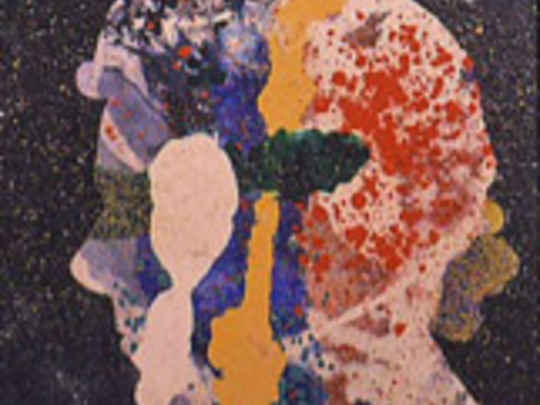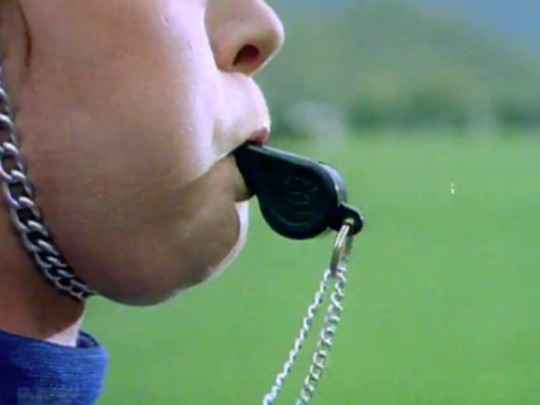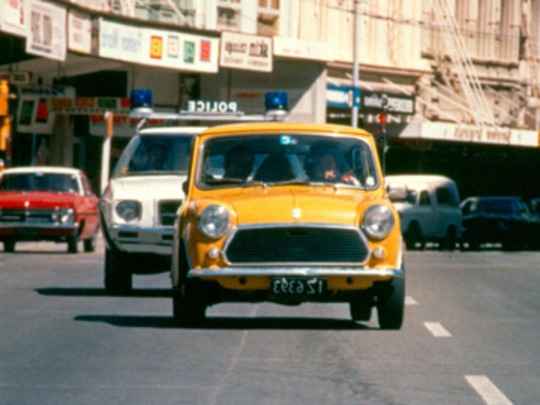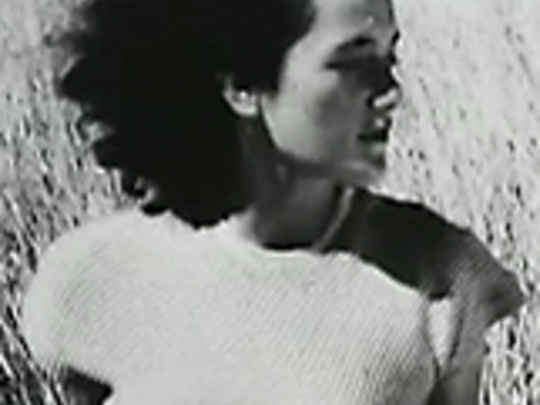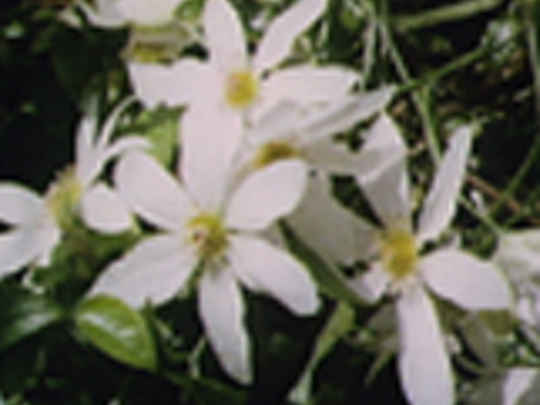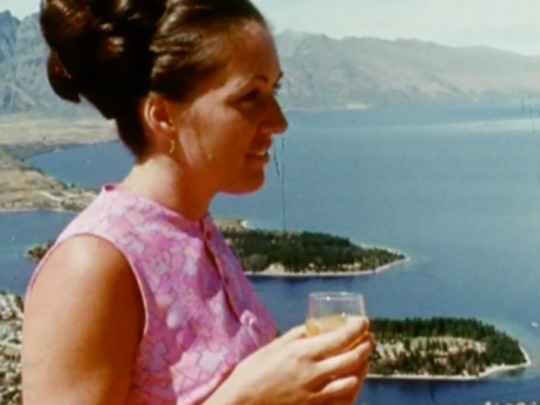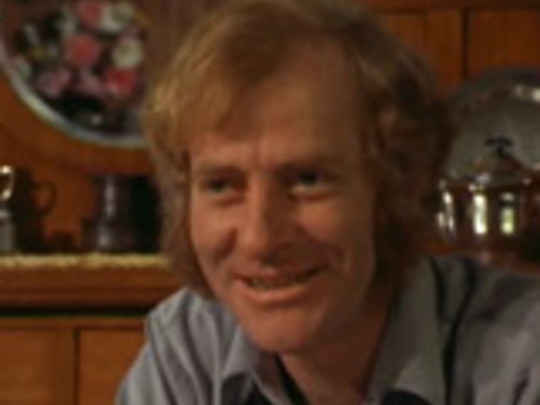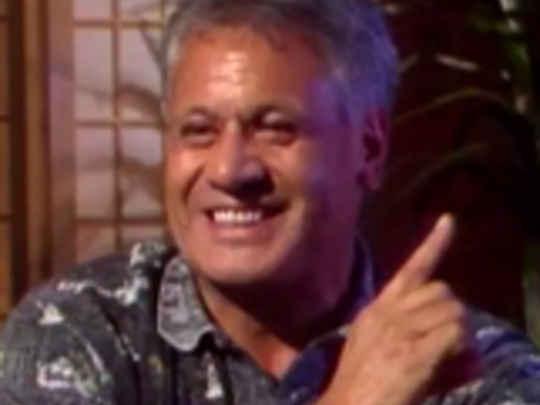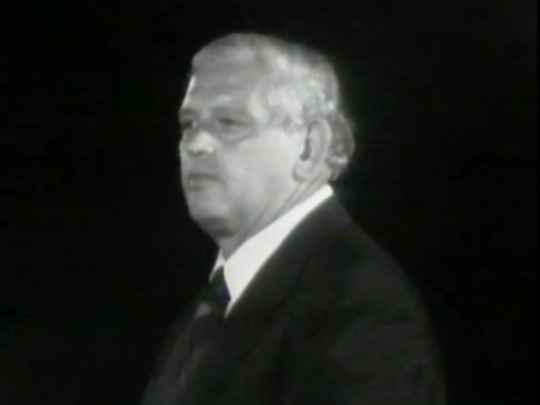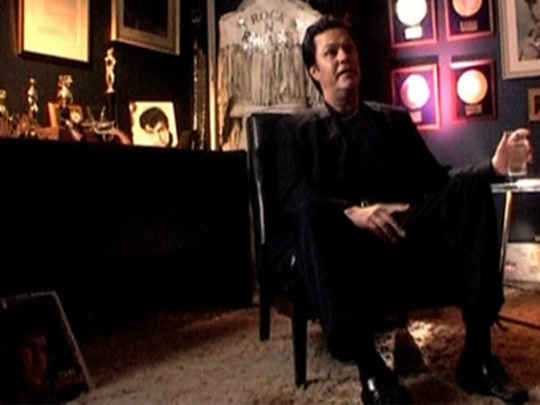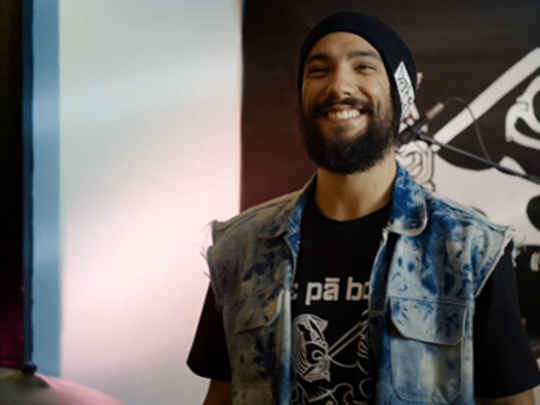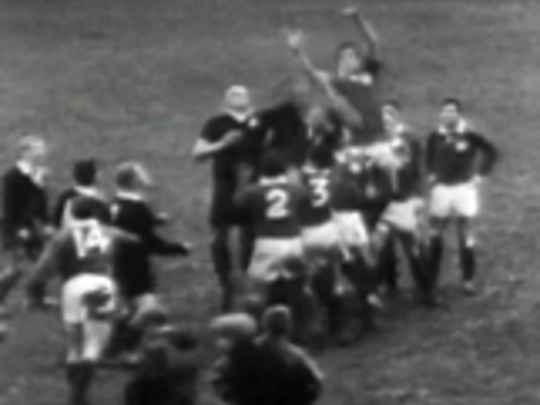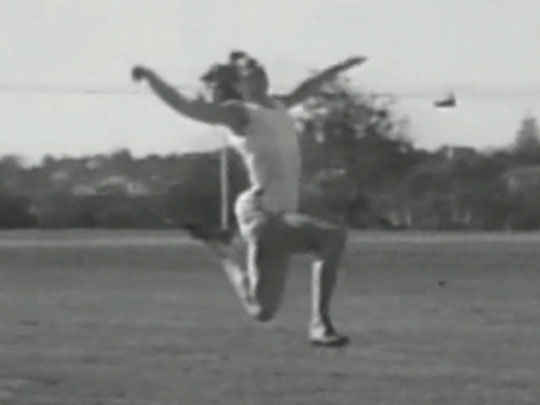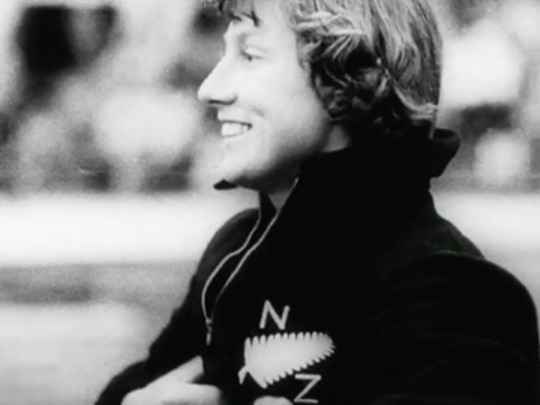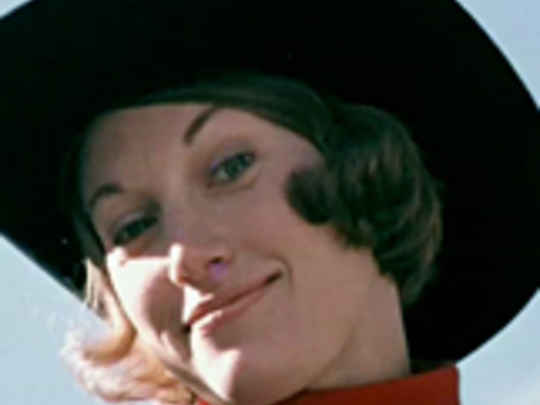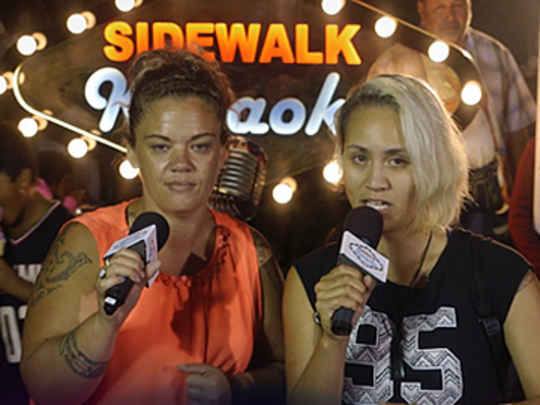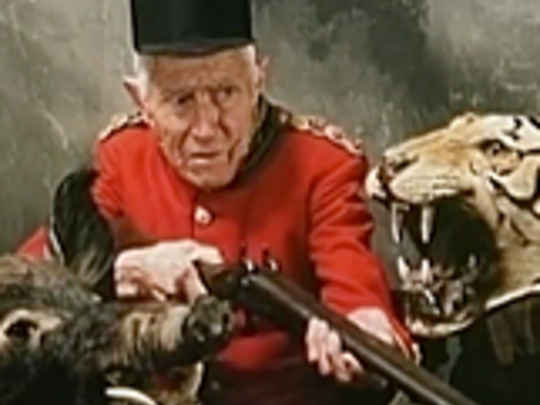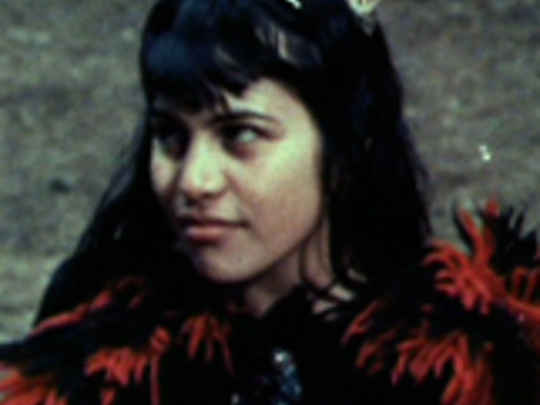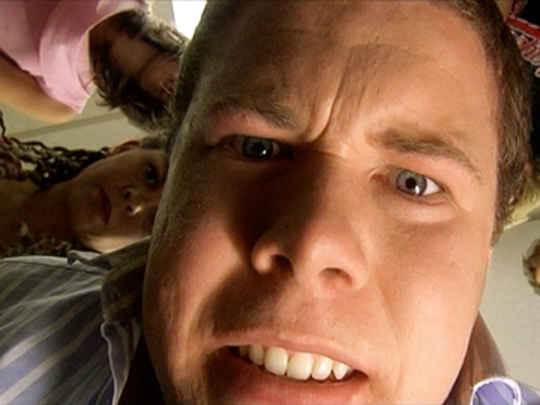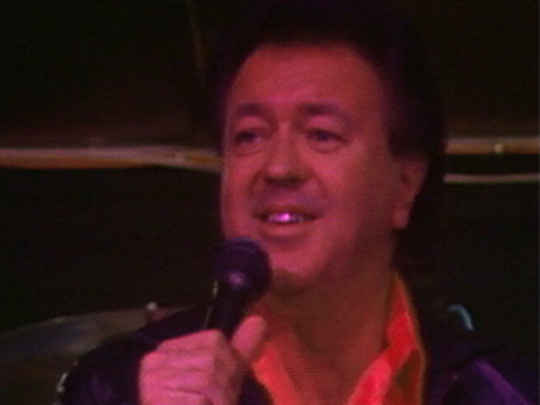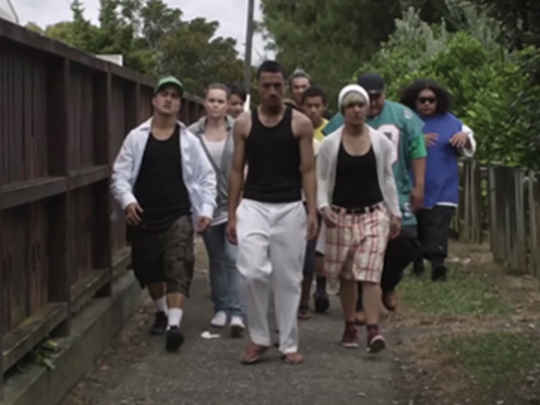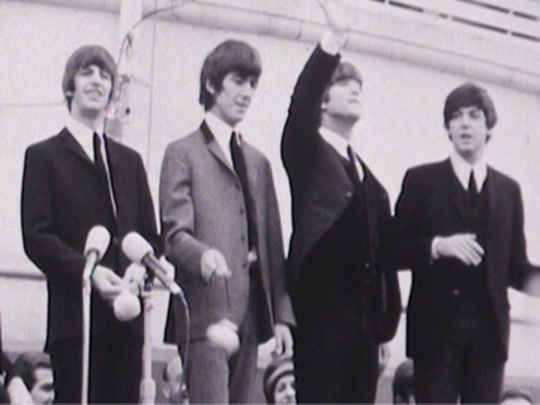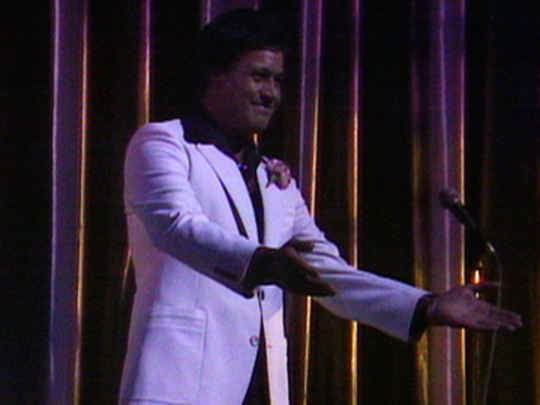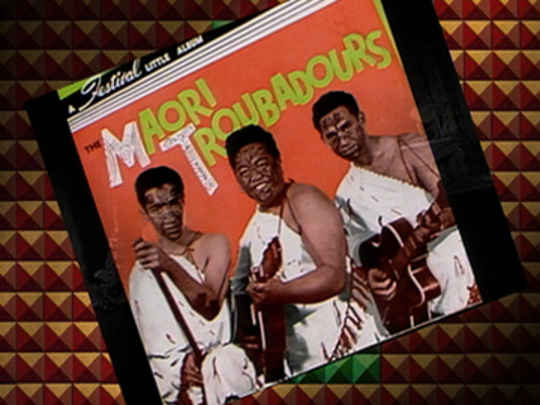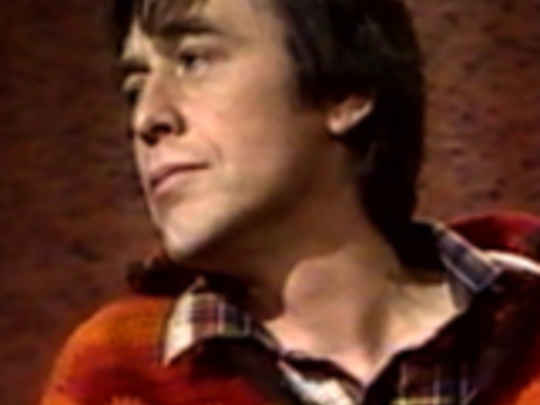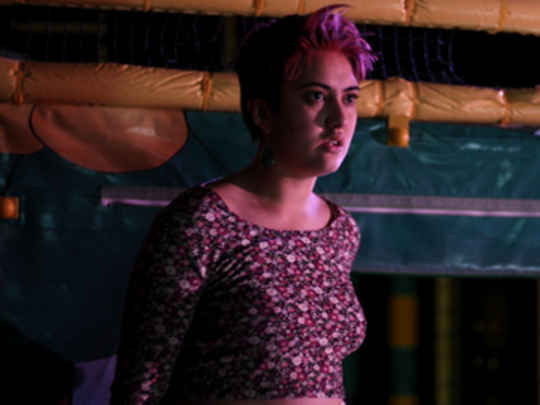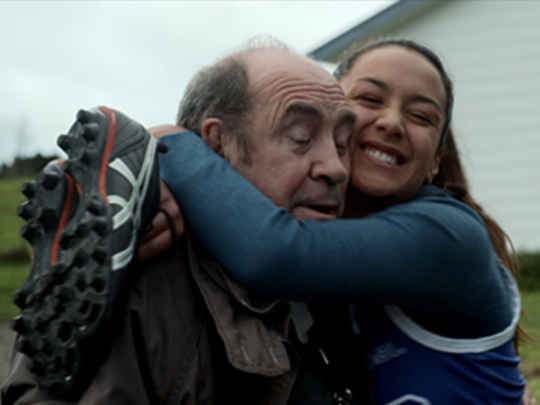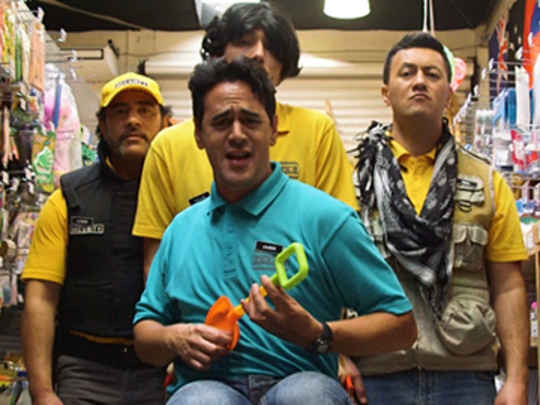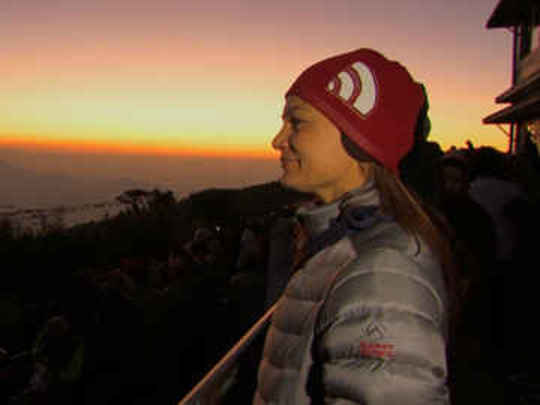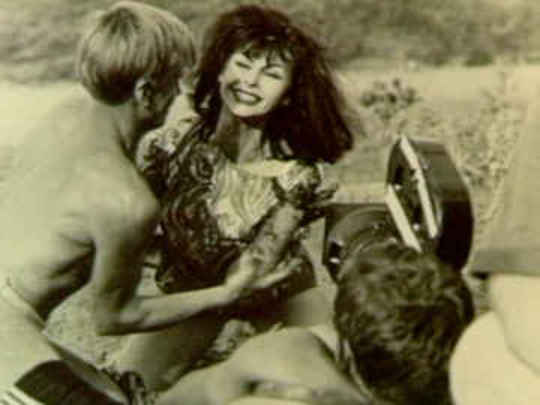Don't Let it Get You
Film (Trailer and Excerpts) – 1966
A Perspective
“A real kiwi cult classic for all!" Florian Habicht, director of Kaikohe Demolition, is one of many who have been entertained and inspired by John O’Shea’s 1966 musical Don’t Let It Get You. “The film has such a strong smell of Aotearoa, and inspired me to throw some musical numbers into Woodenhead.”
Made decades before Michael Jackson’s song of a similar title, Don’t Let It Get You opens and closes with Sir Howard Morrison singing the buoyant title song: “Don’t let it get you, don’t let it get you down ... Make sure you’re happy now, because tomorrow is never here.” This wasn't trite self-help advice but a statement of spirit from Morrison and O’Shea: acknowledge life’s challenges, but enjoy the ride!
Don’t Let it Get You is set around Rotorua Summer Festival which stars the iconic Rotorua entertainer. It’s a real shame Morrison didn’t do more movies because he’s such a warm, charismatic presence. Affable Ocker drummer Gary Wallace sells his drumkit (but keeps the drumsticks) to buy an airfare to New Zealand. He meets Morrison and hustles him for work. “Oh yeah?” he responds with sharp comic timing, before inviting Gary to come to Rotorua.
The muso convoy road-tripping down the island includes a chocker Mini. “Come on,” a blond-haired, guitar-strumming youngster exhorts, “Listen to the rhythm, get your feet off the ground.” This musical, crisply shot by Tony Williams, certainly has rhythm.
O’Shea previously produced stage musicals Cookery Nook (making fun of suburban Christchurch) and Polynesia Purchase (auctioning New Zealand). The latter played to large audiences of World War Two soldiers on Guadalcanal, on Bob Hope’s comedy circuit.
Says O’Shea in his autobiography Don’t Let It Get You: “So why not have a go at a musical [film] ... I’d always liked them: Busby Berkeley, Rogers and Astaire, Rita Hayworth and Gene Kelly ... It seemed like a heaven-sent opportunity for Pacific Films’ young crew of Tony Williams, Michael Seresin and Patrick O’Shea to take a further step and develop the skills shown so well in Runaway.”
On arrival in Rotorua, Gary’s planned drumming job with the Quin Tikis has been taken. “That’s showbiz”, taunts the unctuous Brit drummer William Broadhead (future Close to Home actor Harry Lavington). Gary later tussles with William over girlfriend Judy (Carmen Duncan). Morrison commits to looking after his mate Gary. “Don’t let it get ya. Stick with me till you drum. After all you’re still in Rotorua. We’ll see you right.”
In contrast to Once Were Warriors (which starred Morrison’s nephew Temuera), Don’t Let it Get You conveys the Māori tradition of looking after manuhiri (visitors). As always, Morrison’s kaupapa was bringing Māori and Pākehā together. When Gary runs out of money and has to check out of his accommodation, Morrison’s whānau put him up. O’Shea wrote that when the low budget production got tight, the Morrison whānau made sure everyone got kai.
Rotorua’s geothermal landscapes, marae and mighty carvings impress as sets for the songs. “Sing for us now, Kiri?” ask excited tamariki, before a gorgeous Kiri Te Kanawa sings a lustrous aria at a marae. Another musical highlight features a duet between Eddie Love and Keri Summers. “Why am I alone now? ...Tell me now I pray: What went wrong with yesterday.”
Joe Musaphia’s witty script is complemented by O’Shea’s well-timed direction during scenes such as Howard taking Gary pig-hunting. “What do ya get out of hunting pigs?” Gary nervously ponders the .22. “Bacon and eggs.” “I’ve never thought of pigs as bacon and eggs before.” “Neither does the pig.”
“When it counted, he made the space.” Tangata Whenua director Barry Barclay tributes O’Shea with breaking barriers for Māori representation in film. “His having fought so hard, side by side with Tama Poata, to get Ngati funded and onto the screen in the spirit in which it was made would alone have been enough to secure him a lasting place on the roll of honour. I remember, as well, a number of much less public milestones.” Gaylene Preston, another prominent O’Shea student, reminisced: “He was the funniest, the most vitriolic, the most literate, the most political and by far the wiliest.”
Variety magazine liked Don't Let it Get You, writing in their November 1966 issue: “A fast-moving, tuneful film, made with enough cinematic savvy to reflect, for the eye, the jumpy rhythms that crowd the soundtrack. Don’t Let It Get You is a coup for the director-cameraman team of John O’Shea and Anthony Williams. Locationed mainly in Rotorua, a New Zealand tourist mecca with geysers, boiling mud pools and Maoris (the country’s native Polynesian people) the picture, though shot in black and white, is an interesting eyeful from the opening frames.”
- Alexander Bisley has written about film, literature, politics and sport for The Lumiere Reader, The Guardian and The Spinoff.
